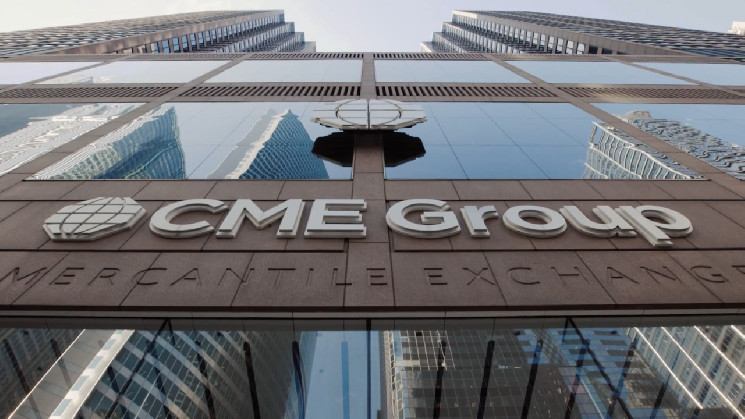CME Group, the U.S. operator of derivatives markets, has announced the launch of a trial on asset tokenization using Google Cloud Universal Ledger (GCUL) technology.
The objective is to optimize the efficiency of the capital market and wholesale payments. The tests with market participants will begin in 2026.
Summary
A step towards digital finance: CME Group and the tokenization of assets
Tokenization is the conversion of real and financial assets into digital tokens based on blockchain. This process is attracting the attention of major financial institutions.
According to the president and CEO of CME Group, Terry Duffy, GCUL technology could bring significant improvements in margin management, commission payments, and settlement processes.
All this in a market increasingly oriented towards continuous trading, 24 hours a day, 7 days a week. The announcement on March 25 did not specify which assets will be tokenized, but it made evident the growing interest in this technology in the traditional financial sector.
Google Cloud began exploring the blockchain in 2018, when it added Bitcoin’s blockchain data to its data archive.
In 2023, it expanded support by integrating 11 blockchains, including Ethereum, Arbitrum, Avalanche, and Optimism.
The introduction of GCUL represents a further step forward in the adoption of distributed ledger technologies (DLT) for the traditional financial world.
In recent years, tokenization has gained popularity among financial institutions and investors. An article published on March 24 by the World Economic Forum highlighted how the integration between traditional finance and blockchain is becoming a concrete reality.
According to Yuval Rooz, co-founder of the company Digital Asset, currently only 25 trillion dollars of securities are eligible for use as collateral, against a potential total of 230 trillion dollars.
Tokenization could therefore significantly expand liquidity and improve capital efficiency.
The regulatory context and the role of the SEC
In the United States, tokenization could benefit from recent regulatory developments. The platform Tokeny highlighted how the decision by the Securities and Exchange Commission (SEC) to repeal rule SAB 121 could give a strong boost to the sector.
Specifically allowing institutions to provide custody solutions for tokenized securities without unnecessary financial exposures.
The market for the tokenization of real-world assets (RWA), excluding stablecoin, is approaching 20 billion dollars, demonstrating the growing interest of market operators in this technology.
Even the grandi aziende di investimento are pushing for the adoption of tokenization.
The CEO of BlackRock, Larry Fink, recently stated in an interview with CNBC that the Securities and Exchange Commission (SEC) should accelerate the approval of tokenization of stocks and bonds.
This signals a growing support from the main institutions in the sector.
“`html
Conclusion
“`
The experimentation of asset tokenization by CME Group, in collaboration with Google Cloud, confirms the growing interest in the use of blockchain technology in traditional financial markets.
The support of financial institutions and the evolution of the regulatory framework could favor a wider adoption of this innovation, leading to greater market liquidity and more efficient capital management.
If the 2026 tests are successful, tokenization could revolutionize the way financial assets are managed, paving the way for a more efficient and transparent ecosystem.
 en.cryptonomist.ch
en.cryptonomist.ch
